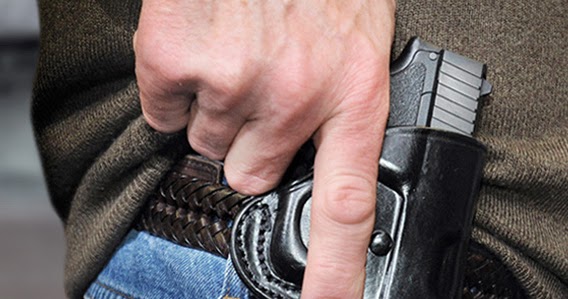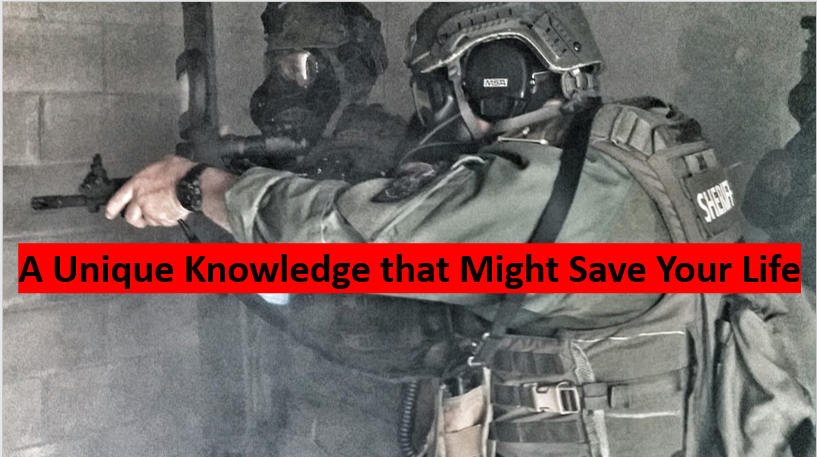In a world full of distractions, staying alert to your surroundings may be the most important personal safety habit you can develop. Situational awareness is your first line of defense—the ability to spot danger before it reaches you, giving you precious seconds to avoid becoming a victim.
At Noble Reach Consulting, we teach situational awareness as a cornerstone of our training because it's a skill that applies everywhere: at home, at work, in a crowded mall, or walking through a parking lot at night.
The Distraction of Cell Phones
Smartphones connect us, but they also disconnect us from reality. How many times have you seen people walking through parking lots with their heads buried in a screen, unaware of their surroundings?
Predators—whether they're thieves, opportunists, or worse—look for easy targets. Someone preoccupied with a text message, scrolling social media, or fumbling with earbuds is less likely to spot suspicious behavior. That lack of awareness makes them vulnerable.
Simply lifting your head, scanning your environment, and limiting phone use in transitional spaces (like parking lots or sidewalks) can drastically reduce your risk.
Spotting Trouble Before It Spots You
Danger doesn't appear out of nowhere—it leaves clues. By practicing situational awareness, you give yourself the chance to notice and avoid those clues.
- Parking Lots and Malls: These are high-risk areas for theft, carjackings, and assaults. Look around before you exit your car, keep an eye on who's nearby, and avoid poorly lit areas.
- Unusual Behavior: Raised voices, arguments escalating, or individuals loitering where they shouldn't be are early warning signs. Recognize them for what they are—signals that something is "off."
- Your Instincts: Humans are hardwired with a "sixth sense" for danger. If something doesn't feel right, it probably isn't. Trust your gut and take action—leave, seek help, or reposition yourself to safety.
The Law Enforcement Perspective
As a law enforcement officer and SWAT operator, situational awareness isn't just training—it's survival. Police officers use it every single day, on and off duty. It never turns off.
The good news? Civilians can learn these same habits. You don't need a badge to keep your head up, scan your surroundings, and trust your instincts.
Why Situational Awareness Matters in Training
At Noble Reach Consulting, we emphasize situational awareness in our Active Assailant Response Training because it's the foundation of every decision you make under stress. If you spot danger before others, you buy yourself and those around you more options to survive—whether that means running, barricading, or fighting back.
This training isn't just for businesses and churches—it's invaluable for young adults heading to college or the workplace. Parents can't always be there to protect their kids, but by equipping them with these skills, we give them tools to protect themselves.
Final Thoughts
Situational awareness doesn't require special equipment or expensive technology. It simply requires discipline and practice. Put down the phone in vulnerable spaces. Trust your instincts. Notice what's happening around you.
The sooner you identify a threat, the sooner you can avoid it—and that may mean saving your life, your property, or someone you care about.
At Noble Reach Consulting, our mission is to prepare everyday people with the same life-saving skills law enforcement uses daily. Situational awareness is your first line of defense.


